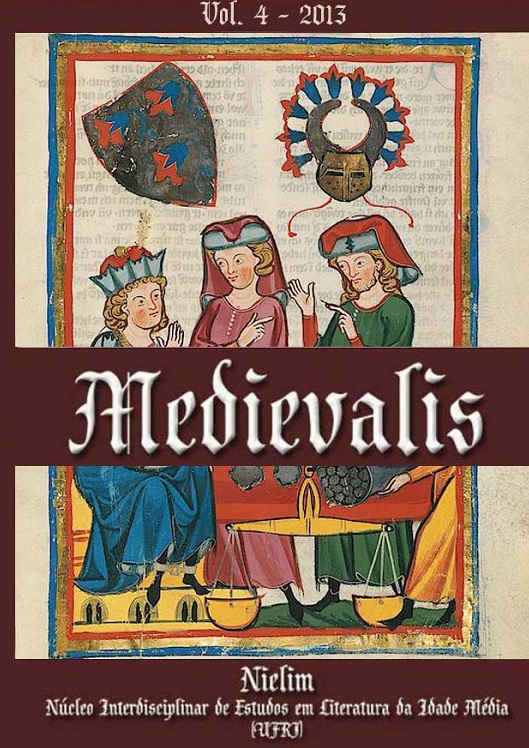A formação da Inglaterra em duas batalhas: Edington (878) e Hastings (1066)
DOI:
https://doi.org/10.55702/medievalis.v2i2.44232Schlagworte:
Edington, Hastings, identidade inglesa.Abstract
Resumo: A História Militar tem sido um campo historiográfico para o qual muitos pesquisadores dedicaram sua atenção, muito embora alterações com relação aos objetos de estudo recortados e analisados tenham acontecido. Dessa forma, a partir dos pressupostos teóricos da História Militar procuraremos discutir a formação da Inglaterra em suas acepções políticas, territoriais e identitárias à luz de duas batalhas no período medieval, a nosso ver importantes: a Batalha de Edington (878), travada contra os escandinavos e a vitória normanda na Batalha de Hastings (1066). A importância das duas batalhas deve-se ao fato de ambas terem sido marcos fundamentais na construção da Inglaterra: Edington, consolidando o poder de Wessex e delimitando a região da Danelaw, e Hastings, afirmando o poder dos normandos de Guilherme I na Inglaterra.Palavras-chave: Edington, Hastings, identidade inglesa.
Abstract: Military History has been a historiographic field upon which many researchers dedicated their attention, even though there has been many changes toward the ways in which the objects studied are analyzed. In such a way, by the conceptions of Military History, we seek to discuss the formation of England in its political, territorial and identical definition, from two important battles of medieval times, in our opinion: Battle of Edington (878), struggled against Scandinavians, and the Norman victory in the Battle of Hastings (1066). The importance of these two battles lies in the fact that both of them were fundamental marks in England´s construction: Edington consolidating the power of Weesex and delimiting Danelaw´s region and Hasting, affirming Norman power of William I in England.
Keywords: Edington, Hasting, English identity.
Veröffentlicht
2015-08-18
Ausgabe
Rubrik
Artigos

